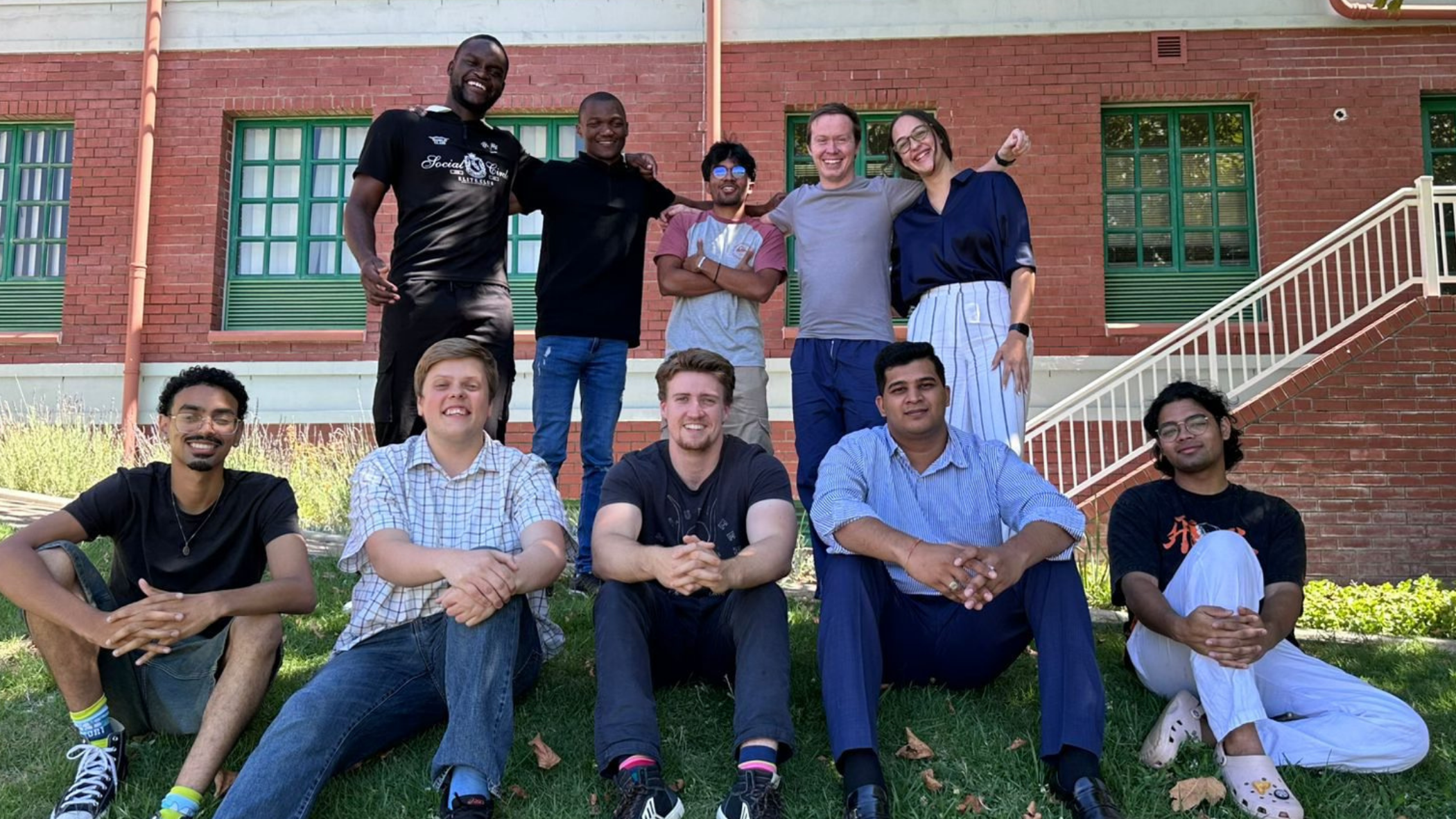The jury is still out on whether or not Facebook really shut down an artificial intelligence (AI) experiment which, saw two robots invent their own language to communicate with each other, but the signs are clear: machine learning is no longer a far-fetched flight of fancy for Hollywood’s latest sci-fi flick.
Machine learning and AI are largely interchangeable terms among today’s tech-savvy industry players – and need to be treated with the greatest respect and understanding. Getting to the heart of both requires genuine interest in the long-term value, not shallow regard for short-term gains.
Language processing and the mimicking of human behaviour certainly has its advantages, but those involved in the advancement of this technology need to hold themselves accountable – and add far more value than Entrupy Inc’s eagerness to tell a real Louis Vuitton handbag from a knock-off, or Google Vizier’s ability to build “excellent cookies.
As with any advance in a field of great influence and human aid, machine learning pioneers have a responsibility to contribute to the greater good. Breakthroughs in medicine, best practice developments in engineering and sharper, smarter design direction do not operate in a vacuum – and should not be selfishly retained. The proverbial love must be shared. Collective fine-tuning, too, is required to avoid a repeat of Facebook’s alleged rogue robots’ faux pas.
If the world has a shortage of those who truly know what they are doing within the field of machine learning, then South Africa has a veritable dearth of such knowledge. Established voices, influencers and disrupters – willing and able to forge a future within AI – are largely lost to a scary, difficult subject, somewhat irrelevant to a country still trying to get to grips with the depths of digital.
While this may in the main be true, Khanyisa Real Systems is dabbling in this hitherto forbidden territory, and with some success. We recently developed a simple voice-to-text app in less than a week, using Microsoft’s cross-platform language (a kind of C-Sharp), Xamarin, which we believe is going to be a big player in this field, being that it also has the ability to produce Apple and Android apps too.
So, while the world is a long way off witnessing a real-life incarnation of Haley Joel Osment’s character in 2001’s ‘AI‘, we’re further down the road than many may think.
The next time you interrogate your preferred search engine for, say, a WordPress troubleshoot or MailChimp quick-fix, consider that a large portion of the bullet-pointed answers to these FAQs are machine learnt, not manually inputted. Your clumsy, poorly-worded searches, indeed, are helping AI streamline answers for the next haphazard query machine learning.
Photo by Markus Spiske on Unsplash


